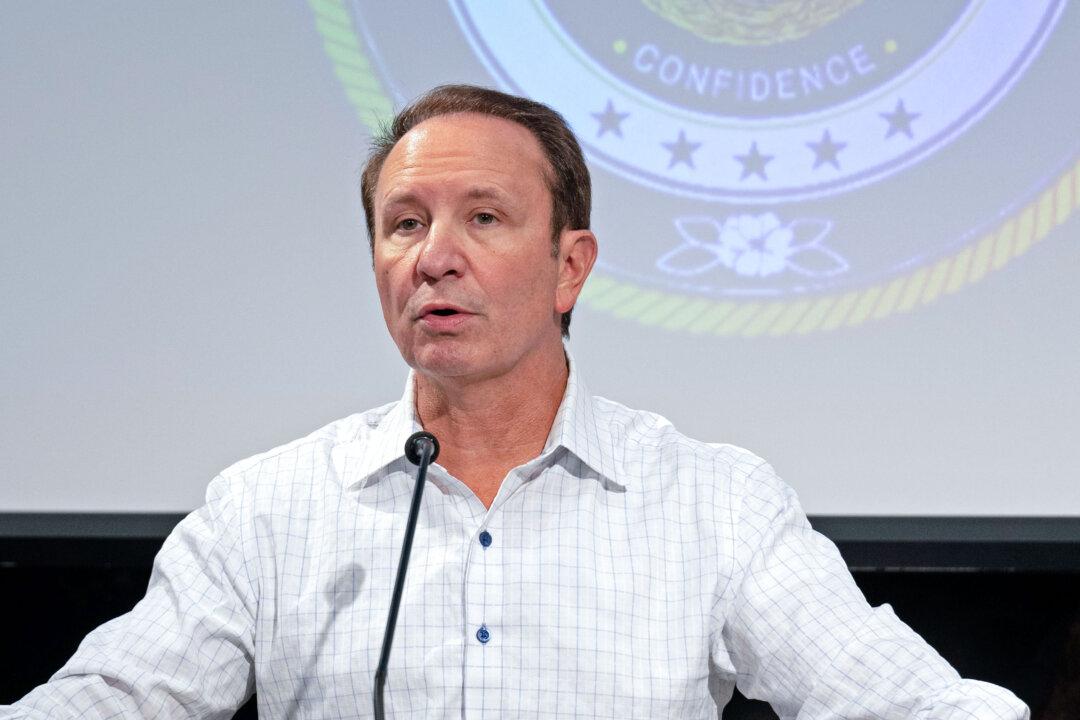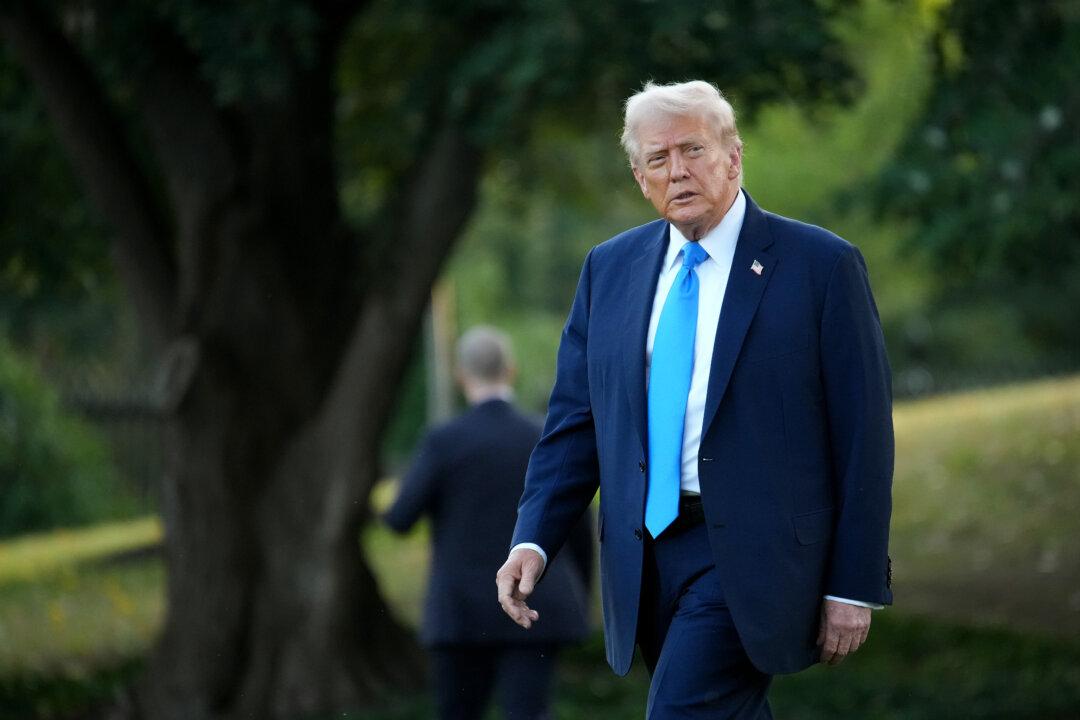Elon Musk has called out what he says are bad trends in The Washington Post highlighting one of its articles that allegedly smeared a conservative filmmaker.
In reply to filmmaker Christopher Rufo’s complaints directed at The Washington Post, Musk wrote a comment highlighting that the “trend”, presumably at The Washington Post, is “super bad.”





